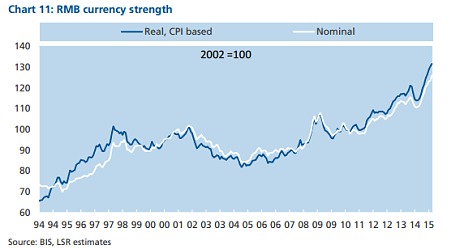The world economy is disturbingly close to stall speed. The United Nationshas cut its global growth forecast for this year to 2.8pc, the latest of the multinational bodies to retreat.
We are not yet in the danger zone but this pace is only slightly above the 2.5pc rate that used to be regarded as a recession for the international system as a whole.
It leaves a thin safety buffer against any economic shock – most potently if China abandons its crawling dollar peg and resorts to ‘beggar-thy-neighbour’ policies, transmitting a further deflationary shock across the global economy.
The longer this soggy patch drags on, the greater the risk that the six-year old global recovery will sputter out. While expansions do not die of old age, they do become more vulnerable to all kinds of pathologies.
A sweep of historic data by Warwick University found compelling evidence that economies are more likely to stall as they age, what is known as “positive duration dependence”. The business cycle becomes stretched. Inventories build up and companies defer spending, tipping over at a certain point into a self-feeding downturn.
Stephen King from HSBC warns that the global authorities have alarmingly few tools to combat the next crunch, given that interest rates are already zero across most of the developed world, debts levels are at or near record highs, and there is little scope for fiscal stimulus.

